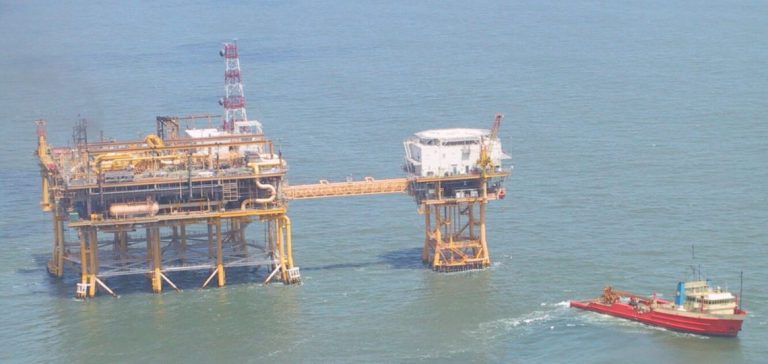Next Bridge Hydrocarbons, Inc. (Next Bridge) announced the signing of a Letter of Intent (LOI) with McCabe Petroleum Corporation (MPC) to transfer MPC’s 40% ownership in the Louisiana Heritage Play (LHP) to Next Bridge. The closing of this operation is expected before December 31, 2024.
This acquisition will allow Next Bridge to strengthen its asset portfolio in the fields of oil and natural gas, primarily located in Texas, Louisiana, and Oklahoma. In exchange for reimbursing the expenses incurred by MPC to secure the LHP, which currently do not exceed $600,000, MPC transfers its net interest of 75% in the LHP production prospects, proportionally reduced, to Next Bridge, while retaining an overriding royalty interest.
Expansion of Assets in the Louisiana Heritage Play
The Louisiana Heritage Play includes several identified drilling prospects, spread across multiple parishes in southern Louisiana. The main target formations are the Tuscaloosa and Wilcox sands, renowned for their productivity and exploration potential in the region. MPC has already begun the process of securing land for the first prospect and has started title review for the second. Title reviews for the third and fourth prospects will begin shortly.
The world-class exploration team that created the LHP prospects uses advanced 3D deep-water technologies, including wide azimuth and reverse time migration processing. This technological approach allows for more precise and efficient exploration of productive sand reservoirs. Additionally, the land location of the LHP in southern Louisiana offers significant cost savings in terms of drilling, completion, and production costs compared to offshore operations.
Strategic and Economic Advantages
The geographical position of the LHP also facilitates access to available pipelines and liquefied natural gas (LNG) markets located in Lake Charles and Plaquemines. Moreover, the favorable regulatory framework and attractive economic conditions of the State of Louisiana enhance the appeal of this acquisition for Next Bridge.
Next Bridge’s technical consultants will work closely with the prospect generation team to continue exploring additional opportunities within the available 3D data set. Despite the inherent risks of any exploration, the P10 potential of these prospects represents several trillion cubic feet (TCF) of reserves, offering promising prospects for the company’s future.
Management’s Vision
Greg McCabe, Chairman and CEO of Next Bridge, stated: “With the addition of the LHP to our asset portfolio, we are expanding our goal to become a leading independent oil and gas company offering high-tech, high-impact exploration opportunities. As we continue our growth in this exciting direction, we follow in the footsteps of legendary explorers who sought world-class reserves on the Gulf Coast. We are boldly advancing our mission to reinvent Next Bridge, continuing the proud tradition of American independent producers who identify, capture, and develop new exploration opportunities to ensure our country’s energy independence.”






















